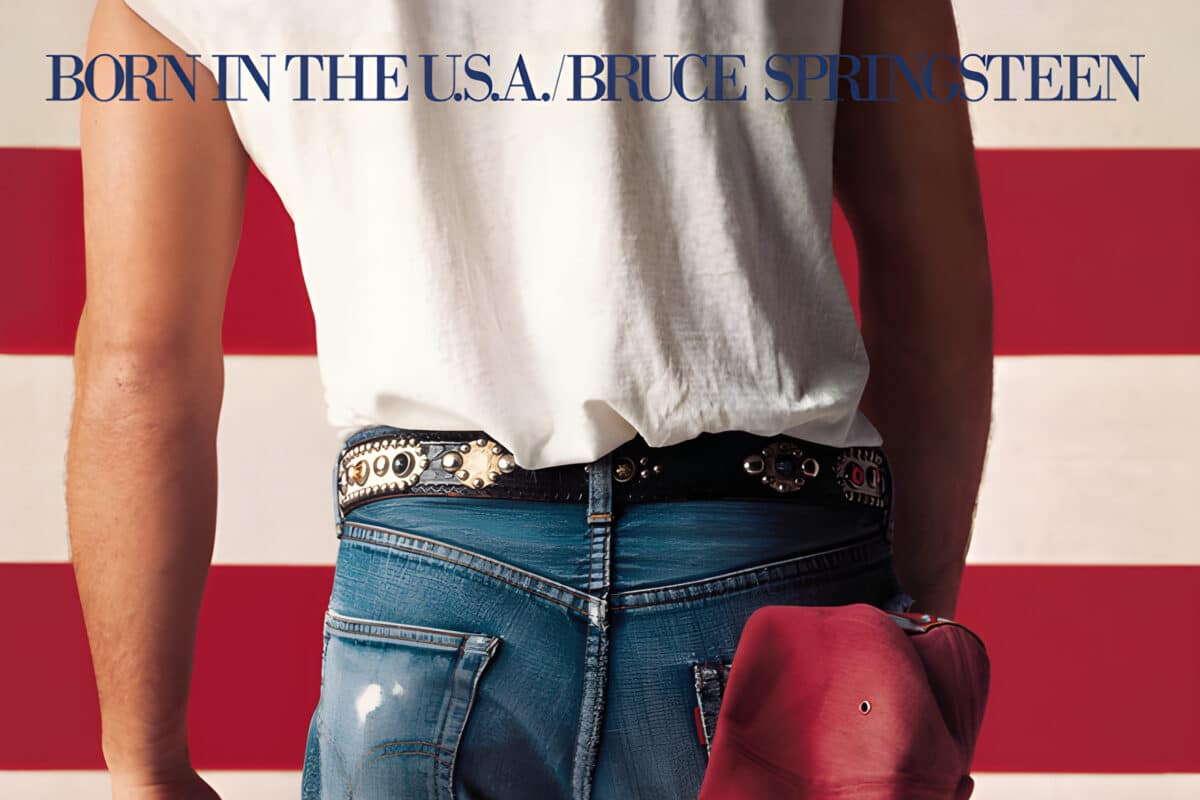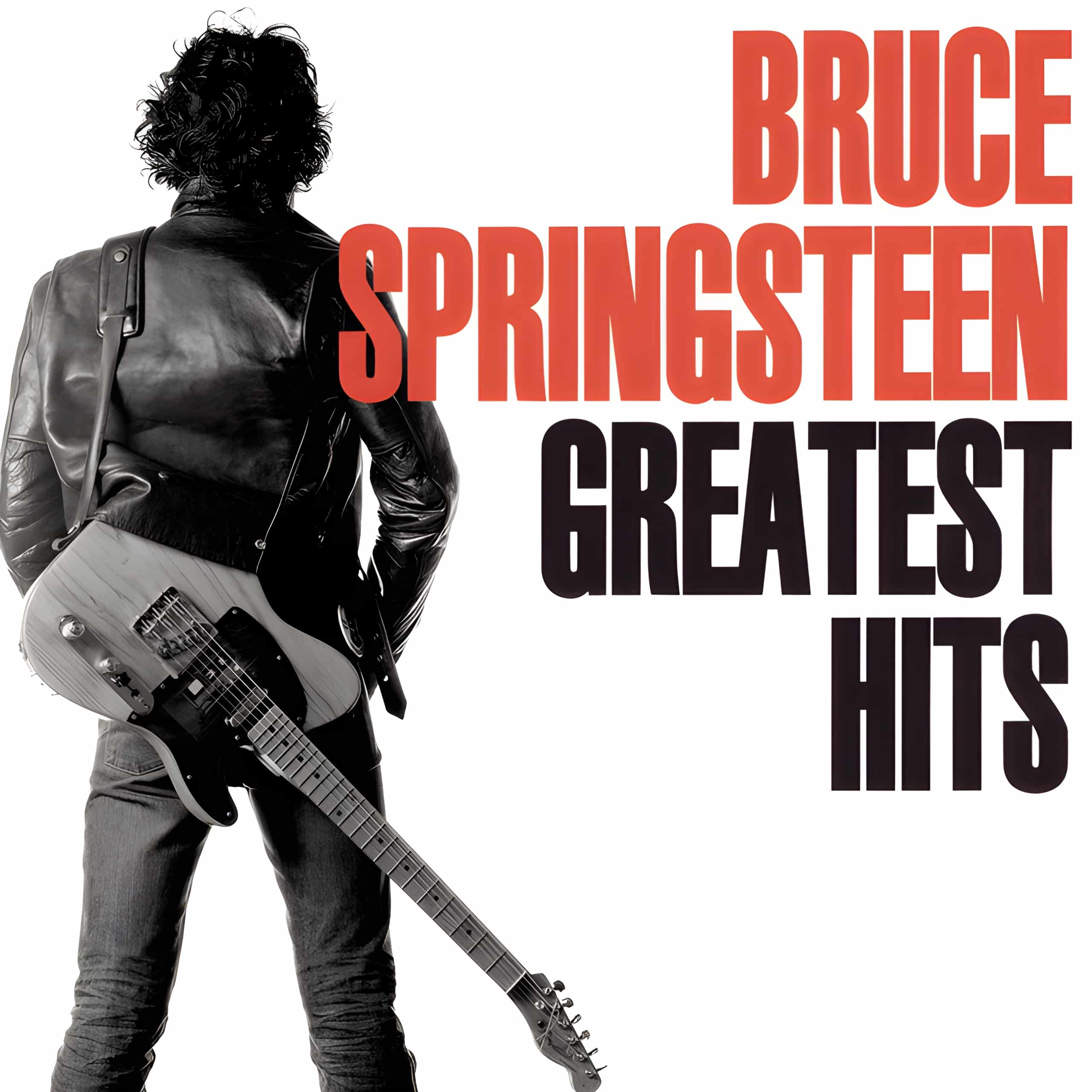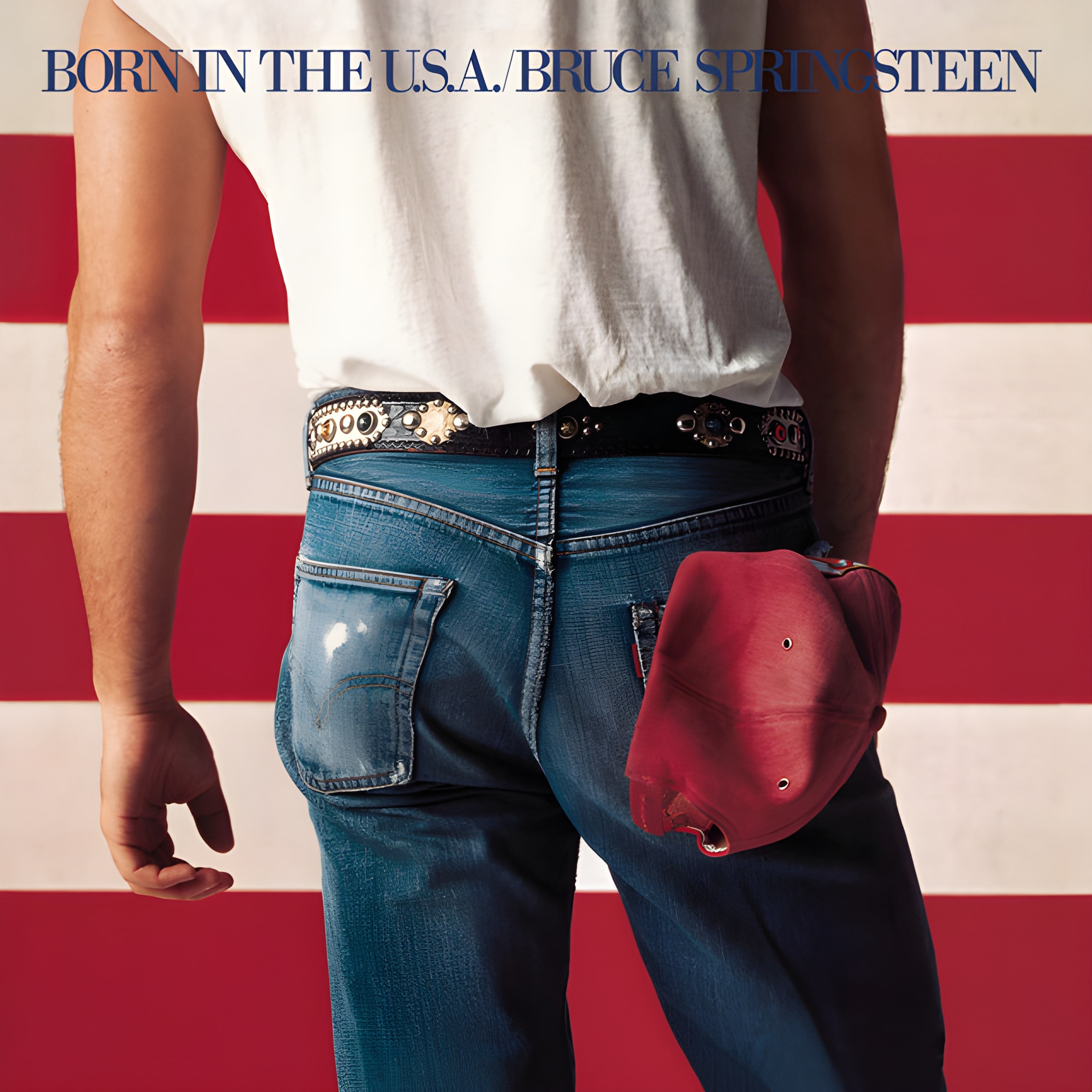Released: 1984
“Born in the U.S.A.” by Bruce Springsteen is not your typical patriotic anthem. Instead, it’s a deeply charged narrative about the struggles of working-class Americans, particularly veterans of the Vietnam War. Springsteen crafts a story that critiques the American dream, juxtaposing the pride of being American with the harsh realities faced by those sent to fight in Vietnam.
The song begins with a powerful image: “Born down in a dead man’s town / The first kick I took was when I hit the ground.” These lines paint a picture of a harsh and unforgiving start in life, suggesting that for many Americans, life is a battle from the very beginning. The reference to “a dog that’s been beat too much” signifies a life of relentless hardship and abuse, where resilience is born out of sheer necessity.
The chorus, with its repeated lines “Born in the U.S.A.,” at first glance, seems to exude national pride. However, within the context of the verses, these lines are deeply ironic. They highlight the contrast between the idealistic view of being American and the challenging reality faced by the song’s protagonist.
The second verse dives deeper into the protagonist’s story, illustrating a turning point where he’s drafted into the Vietnam War: “Got in a little hometown jam / So they put a rifle in my hands.” This suggests that for many young men, joining the military was seen as the only escape from their troubles at home, only to find themselves in a far more dangerous situation abroad.
Upon returning home, the protagonist finds that the country he fought for has turned its back on him. The line “Come back home to the refinery / Hiring man said, ‘Son, if it was up to me'” captures the frustration of veterans who struggled to reintegrate into civilian life and find employment.
One of the most poignant moments comes when Springsteen sings about the protagonist’s brother in Khe Sanh and the harsh reality that “They’re still there, he’s all gone.” This line speaks volumes about the personal losses endured by those who served, emphasizing the ongoing impact of the war on the lives of the veterans and their families.
The song closes on a note that’s both defiant and desolate. Despite all the hardships, the repeated affirmation “Born in the U.S.A.” suggests a complicated relationship with patriotism. The protagonist is “a cool rocking daddy in the U.S.A.,” which on one hand indicates a sense of belonging and identity, but on the other, it’s a recognition of the enduring struggle and the lack of a clear direction in life after the war.
In summary, “Born in the U.S.A.” is a masterful critique wrapped in a deceptively upbeat tune. Springsteen uses the experiences of a Vietnam veteran to critique broader societal issues in America, particularly the treatment of veterans and the working class. Through powerful imagery and a catchy chorus, he delivers a message that’s both critical and deeply patriotic in its own right.






